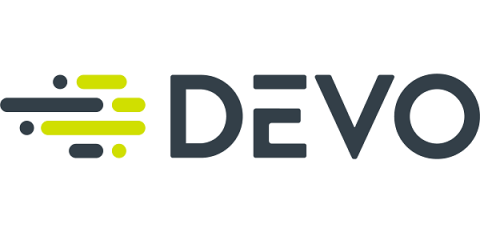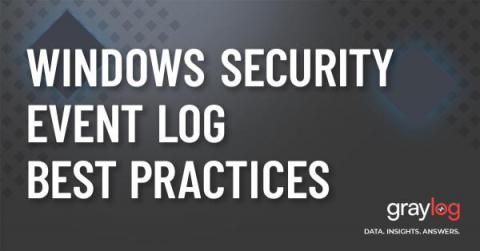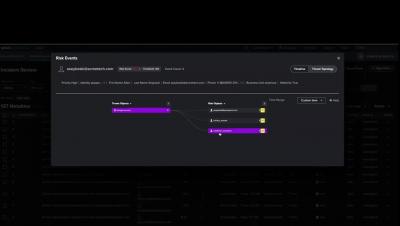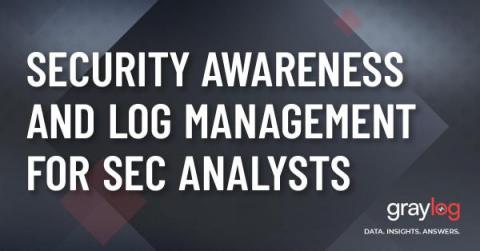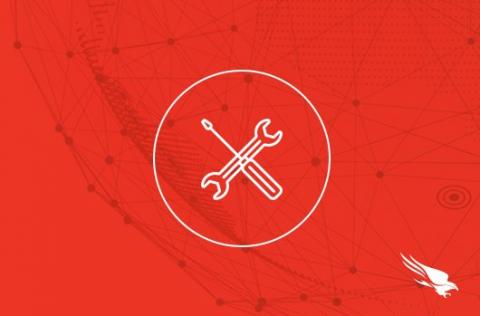How CISOs Can Transform their SOC: Technological and Economic Considerations
Our SOC Performance Report found that it takes an average of seven months to fill open SOC positions, and 55% of those doing the hiring are struggling to find qualified staff. As a result, SOC resources are strained, putting the team at risk for fatigue and burnout, which can cause them to miss critical alerts. Research has shown this is a widespread issue, too, as most SOCs waste an average of 10,000 hours annually validating unreliable and incorrect alerts.


